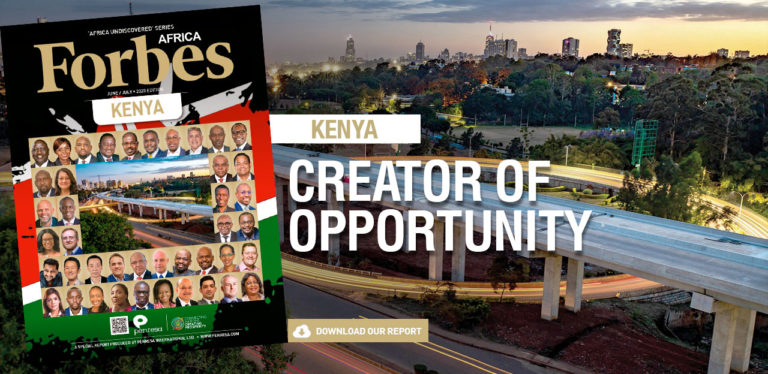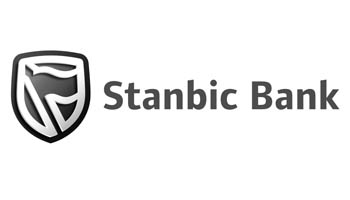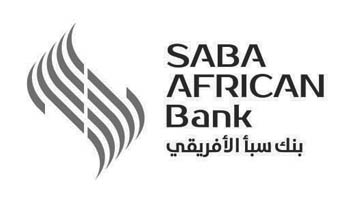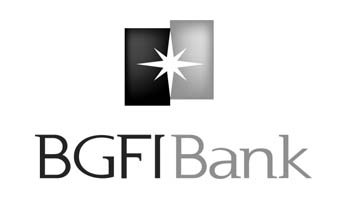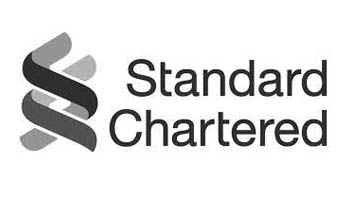Only two years after President Buhari’s administration came into office, Nigeria has finally exited from its worst recession in 20 years. As Nigeria ambitiously rebuilds its economy, an atmosphere of positivity and determination is sparking off financial mobilisation around the country.
The recent revelation that Nigeria had finally exited its worst recession incited much celebration and optimism within the government, as well as great caution and a revived determined focus. According to the National Bureau of Statistics (NBS), Nigeria exited the recession with a 0.55% GDP growth in the second quarter of 2017. The NBS report claims that improved oil performances were not the sole cause for economic recovery, but that the optimisation of sectors such as agriculture, manufacturing and trade have also played a major role. “The decisiveness that attended the launch of the Economic Recovery and Growth Plan (ERGP) in April 2017 set the country on the path to sustainable recovery,” reveals Obeahon Ohiwerei, Managing Director at Keystone Bank.
Nigeria’s Economic Recovery and Growth Plan 2017–2020
President Muhammadu Buhari formally launched his ERGP programme for Medium-Term economic recovery in April 2017 in a bid to strengthen the economy, encourage growth and avoid recession. Consistent with their other plans and strategies, the government will focus on making structural reforms to assist the diversification of the nation’s economy, create an environment where businesses thrive and shift the nation from being import dependent. Minister Udo Udoma explains, “The broad objectives of the ERGP are to restore growth, invest in our people and build a globally competitive economy.” The ERGP has an umbrella framework incorporating 60 national development schemes prioritising the development of infrastructure, agriculture, industrial and power sectors. It aims to have a GDP growth of 7% by 2020.
Agriculture, Infrastructure, Transport and Social Investment
President Buhari was unwavering when he stated, “Until coming out of recession translates into meaningful improvement in peoples’ lives, our work cannot be said to be done.” The government’s determination in reflating the economy, and consequently empowering the people, is found in its dedication to funding sectors such as infrastructure, agriculture, transport and its people. “The investment in infrastructure is driving the value chain of the economic diversification,” explains Babatunde Raji Fashola, Minister of Power, Works and Housing. “We’re building roads and bridges. We’re building houses. We’re also building power assets, particularly transmission assets, which government retains in the aftermath of privatisation. Those are the areas that we are working on. We are operating from first principles – what can you do for yourself with your own resources. So, we’re focusing on budget resources,” states Hon. Fashola.The Minister of Transportation, Rotimi Amaechi, extrapolates, “The government is focusing more on railways, even carrying out reforms in the area of maritime. There is also the habitation of Abuja airport.”
Agriculture has also consistently and positively contributed to GDP growth in Nigeria in recent years. Investments in the sector guarantee food security, contribute to job creation while saving the costs of importation. It is also key to promoting economic diversification. Babatunde Fowler, Chairman of Federal Inland Revenue Service (FIRS) explains, “The country is going back to its roots; it’s beginning to focus on agriculture and I foresee that within the next year or two we should be self-sufficient.” The government also continues to campaign vigorously for the patronisation of Made in Nigeria goods to encourage the development of local industries, Vice President Osinbajo says, “If you had to sum up our vision for the Nigerian economy in a few words, these would suffice. Grow what we eat, produce what we consume.”
The administration’s viewpoint that the Nigerian people are its invaluable assets has enhanced its concern with investment in education. Wolfgang Goetsch, General Managing Director at Julius Berger explicates, “The world always says that Nigeria is such a rich country. I think it is a rich country, but the real wealth is not the oil, the real wealth are the people – the skills, brains, energy of the people.” Charles Inyangete, General Managing Director at Nigeria Mortgage Refinance Company concords, “Nigeria has a youthful, vibrant population, who feel that nothing is impossible for them.” Nigeria’s aspirations for a rapidly growing economy with diversified sources of growth are reliant upon increased opportunities for its people and the creation of jobs. Proforce MD, Ade Ogundeyin, affirms, “We’ve added value to the economy, we’re impacting society by what we do. We are creating job employment. If everybody does that, you will be surprised at how the whole country changes completely.”
With this in mind, as well as the need to promote innovation, critical thinking and future jobs, the Vice President Osinbajo has declared a need to invest in Science, Technology, Engineering, and Mathematics (STEM) education. This, he has declared, is fundamental to the successful industrialisation and development of Nigeria. “If it has a clear target, Nigeria has the capacity to be a highly industrialised country,” he says.
World Bank Ranking
In October 2017, The World Bank issued its Ease of Doing Business report confirming that Nigeria has moved up by 24 points. The report sets Nigeria as one of the 10 countries that has most improved its business environment due to the impact of its reforms. It further outlined the five reforms which had ensured business ease in the two cities of Kano and Lagos as being: Starting a Business, Dealing with Construction Permits, Registering Property, Getting Credit and Paying Taxes. “Improving the business environment is at the heart of the Buhari Administration’s reform agenda,” clarifies Vice President Yemi Osinbajo, “Our focus remains firmly on ensuring that SMEs operating in Nigeria find it easier to do business. Our ultimate success will be the testimonials received from businesses all across the country. However, this validation from the World Bank endorses the direction that we have been taking to improve the ease of doing business in Nigeria over the last 12-18 months.”
It appears to be obvious that Nigeria didn’t exit the recession by accident. This has been the result of months of hard work and strong governance by the administration, as well as a robust adherence to economic policies. In Nigeria, economic confidence has returned steadily and triumphantly, restoring an increasingly promising outlook for long-term growth.



